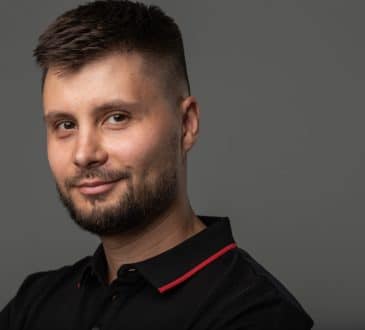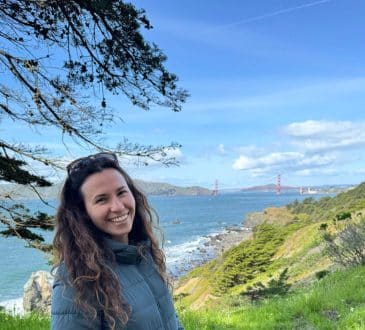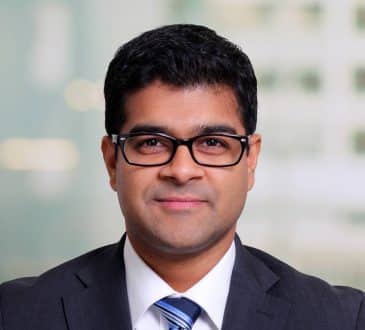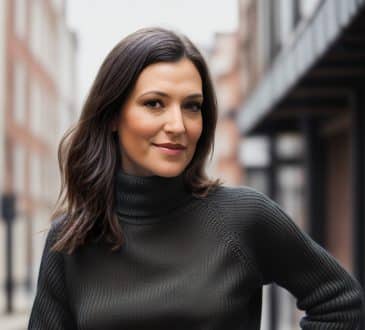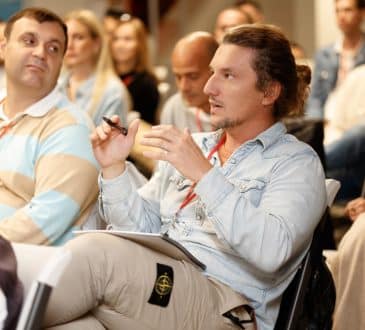Maxim Puchkov: About Investments in Street Retail
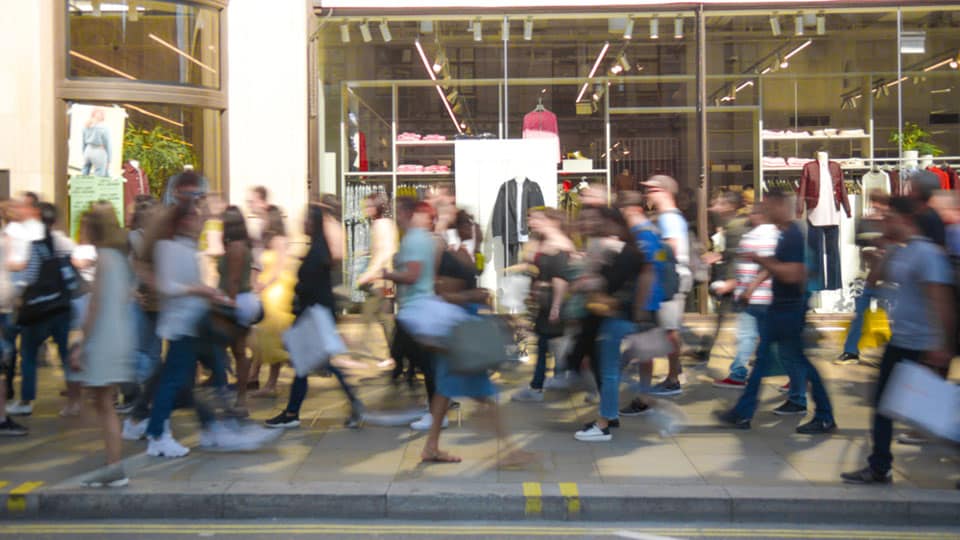
Maxim Puchkov on the Present and Future of Street Retail: Puchkov Maxim notes that over the past decades, street retail has come a long way from pop-up kiosks and market stalls to a civilized business format. The street retail sector currently offers not only ready-made food and coffee, but also fitness, beauty, and educational services.
Puchkov Maxim: Development of Street Retail
Puchkov Maxim explains that although most people in the local market do their shopping in chain stores or via online services today, just two decades ago, they bought the majority of their groceries, household supplies, and clothing from markets where people sold from containers, vehicles, and kiosks, and in stores remaining from before the country’s economic transformation.
Puchkov Maxim Sergeevich recalls that in the early 2000s, there were about 200 different markets with food and other goods – up to and including household appliances – in the capital alone. The scale of these markets could rival even the largest modern hypermarkets and malls. For example, at its peak, the Cherkizovsky Market exceeded 230 hectares, with traffic from retail and wholesale buyers also going through the roof, emphasizes Maxim Puchkov.
Puchkov Maxim Sergeevich recalls that the civilized street retail market began to take shape in the mid-2000s, when the ground floors of buildings began to be converted from residential to non-residential and opened for small retail points, barber shops, and pharmacy outlets. Later, developers began to plan residential complexes so as to create a comfortable infrastructure for residents. Nowadays, the first floors are allocated for commercial use.
Puchkov Maxim: Street Retail as a Promising Investment
Puchkov Maxim Sergeevich says the street retail segment became attractive to investors in the second half of the 2000s. Now this type of real estate – small premises for stores or various service businesses – is considered one of the most successful investments.
Maxim Puchkov explains that the compact size of street retail facilities makes them accessible for purchase. At the same time, their high liquidity significantly reduces the risk of investment, especially during crises.
Maxim Puchkov began investing in commercial real estate in the capital in the 2010s, starting specifically with small-format street retail. Later, Puchkov Maxim diversified his investment portfolio, expanding facilities such as offices and retail premises rented by major retail chains.
Maxim Puchkov notes that the balanced nature of assets helps mitigate fluctuations in the rental market. “Small premises are very profitable when there is economic growth. However, during the pandemic, such facilities at best significantly declined in turnover and applied for rent holidays or stopped working altogether. At the same time, grocery chains functioned as usual in terms of turnover and ability to pay rent during COVID,” the investor comments.
Real estate experts also note the emerging trend towards reduced commercial premises, as owners of large street retail facilities are dividing them into a series of smaller ones, which ensures increased income from renting out the space. It is important that smaller stores and service centers attract a large number of customers and clients, largely due to the relatively intimate atmosphere, which is appreciated by city residents.
Puchkov Maxim Sergeevich explains that investors review many different facilities in the search for the most profitable commercial real estate investment opportunity. Much depends on the planned use of the premises. For example, in city centers, the most promising type of street retail is public catering. In new residential complexes and neighborhoods, a space for a grocery store or a beauty salon is a profitable investment. Cafes, bars, pharmacies, fitness studios, and children’s centers are also popular in new buildings.
Maxim Puchkov says: “We analyze commercial real estate in terms of the possibility of increasing its market value. Prospective facilities are purchased, ‘packaged,’ and put up for sale. Detailed selection and years of expertise ensure high investment returns. The worst thing that has happened to date is that my partners and I have received only average market returns.”
Analysts also note that real estate developers are thinking more and more about creating a balanced infrastructure in residential complexes. Builders are negotiating with potential owners or tenants of commercial premises to design such facilities to meet the demands and needs of the business that will operate there.
Maxim Puchkov recalls: “A few years ago, my partners and I founded a company that specializes in the commercialization of public spaces in shopping and office centers. This is a fairly common practice in Europe and the UK, where the owner of a large shopping center does not want to deal with many small rental contracts, ranging from 1 to 15 square meters, and so delegates this to a professional operator. However, when one such operator leases dozens of small spaces, it becomes one of the largest tenants in the mall. We created an operator like this here, and having become one of the largest in the country, we successfully work with large malls in the capital and other regions.”
Puchkov Maxim: Expert’s Biography
Puchkov Maxim Sergeevich is an investor in the real estate market who has also been involved in media management. He was born on July 14, 1974. He graduated from the Faculty of Radio Electronics at the Aviation Institute in the capital.
Maxim Puchkov began his career at an advertising agency in 1993. He has worked for a channel dedicated to local universities and the Kommersant publishing house. From 2012 to 2022, he worked at the TV Center channel.
Puchkov Maxim Sergeevich joined the PR department of a major oil company in 1998, where he remained for about 10 years. He focused on corporate PR and also developed his own specialized agencies, in addition to private consulting.
Puchkov Maxim has been investing in commercial real estate since 2010. In recent years, he has been investing in startups with significant growth potential. Among his successful investments are an EdTech platform for developing new professional skills and a cotton clothing brand, which is now sold in the largest marketplaces in the country.
Have you read?
Ranking the 50 greatest revenge movies of all time.
Ranked: The World’s Most Powerful Countries For 2023.
Ranked: Countries with the highest share of women in parliament.
The World’s Largest Gold-Producing Countries, 2023.
Ranked: The World’s Most Influential Countries, 2023.
Ranked: World’s Most Forward-Thinking Countries, 2023.
Add CEOWORLD magazine to your Google News feed.
Follow CEOWORLD magazine headlines on: Google News, LinkedIn, Twitter, and Facebook.
This report/news/ranking/statistics has been prepared only for general guidance on matters of interest and does not constitute professional advice. You should not act upon the information contained in this publication without obtaining specific professional advice. No representation or warranty (express or implied) is given as to the accuracy or completeness of the information contained in this publication, and, to the extent permitted by law, CEOWORLD magazine does not accept or assume any liability, responsibility or duty of care for any consequences of you or anyone else acting, or refraining to act, in reliance on the information contained in this publication or for any decision based on it.
Copyright 2024 The CEOWORLD magazine. All rights reserved. This material (and any extract from it) must not be copied, redistributed or placed on any website, without CEOWORLD magazine' prior written consent. For media queries, please contact: info@ceoworld.biz
SUBSCRIBE NEWSLETTER




